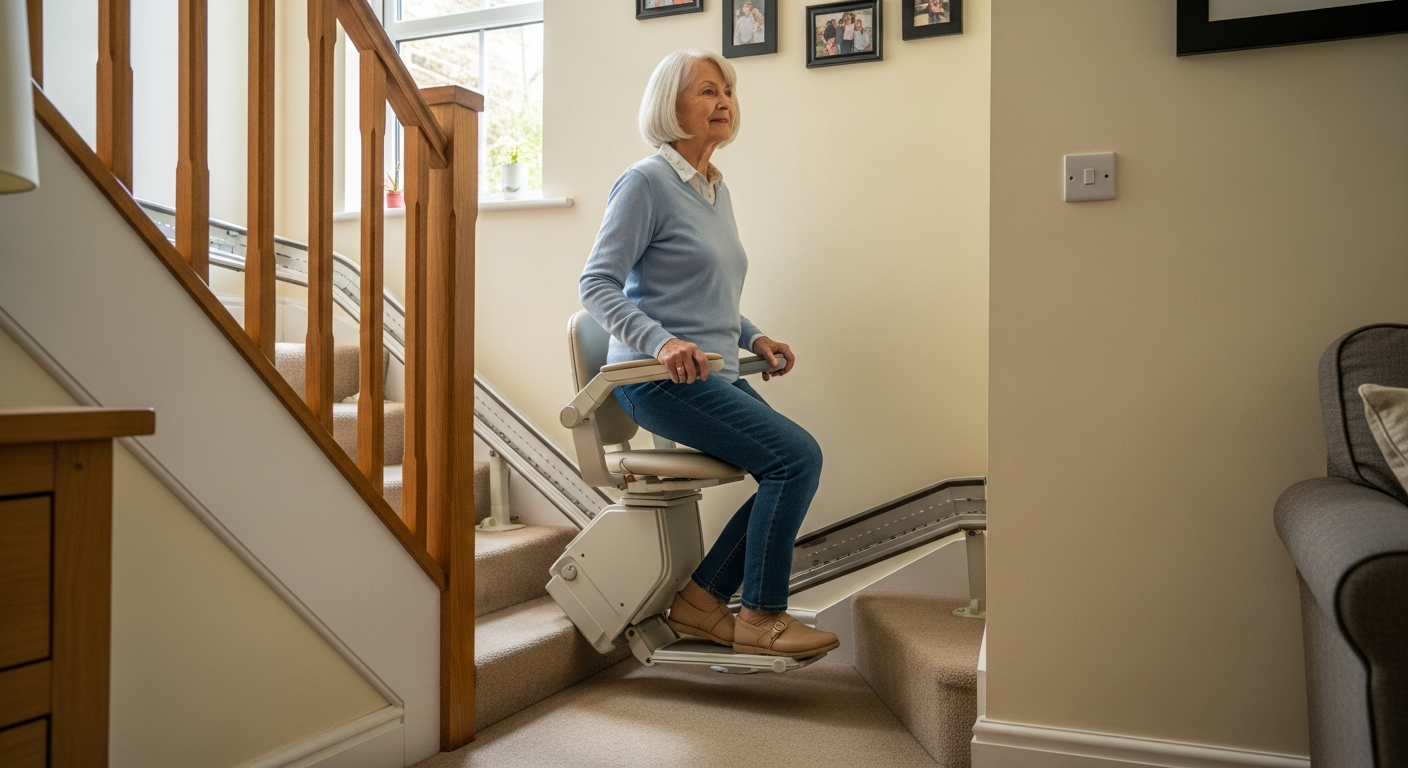Unraveling the Health Benefits of Proper Posture
Do you know that a simple act like standing or sitting upright can significantly impact your health? Let's explore the importance of proper posture, a topic that's often overlooked but is crucial in maintaining overall wellness. Our ancestors spent most of their time performing physical activities, such as hunting, gathering, and farming, which naturally encouraged good posture. However, with modernization and the increasing prevalence of sedentary lifestyles, our postures have deteriorated.

Scientifically, the importance of posture has been studied extensively. A well-regarded study by Ohio State University found that sitting up straight could help individuals maintain self-esteem during stress. Another famous research by Harvard psychologist Amy Cuddy demonstrated that a power pose (a posture that signals confidence) could impact hormone levels and behavior positively.
The Current Trends: Posture and Health
Today, experts are increasingly emphasizing the importance of proper posture for health. For instance, a 2017 study in the Journal of Physical Therapy Science found that poor posture could lead to chronic pain, decreased flexibility, and even affect lung capacity and digestion.
Correct posture not only helps prevent back and neck pain but also boosts mood, enhances memory and learning, and improves circulation and digestion.
The Practice of Good Posture: Benefits, Challenges, and Credibility
Good posture involves training your body to stand, walk, sit, and lie in positions where the least strain is placed on supporting muscles and ligaments. The benefits are multifold:
-
Reduction in back pain
-
Decreased tension headaches
-
Improved breathing
-
Enhanced core strength and flexibility
-
Better balance and reduced risk of falls in older adults
-
Improved mood and energy levels
Despite these benefits, maintaining good posture can be challenging, particularly because of our increasing screen time and sedentary lifestyles. However, with consistent effort and practice, it’s possible to improve posture.
The scientific credibility of good posture is strong. Several studies support the link between posture and physical and mental health.
Valuable Posture Insights
-
Regular exercise, particularly strength training and yoga, can help improve your posture.
-
Be mindful of your posture during everyday activities, like watching television, washing dishes, or walking.
-
Take frequent breaks from your computer and smartphone.
-
Invest in a quality chair and desk if you work in an office setting.
-
A physical therapist can provide personalized advice and exercises to improve your posture.
In summary, proper posture is more than just standing tall; it’s a key part of our health and well-being. While it requires consistent attention and effort, the benefits are worth it. As the saying goes, “The way you carry yourself speaks volumes before you even utter a word.” So, let’s strive to keep our posture as healthy as possible, enhancing our physical health and mental well-being.






